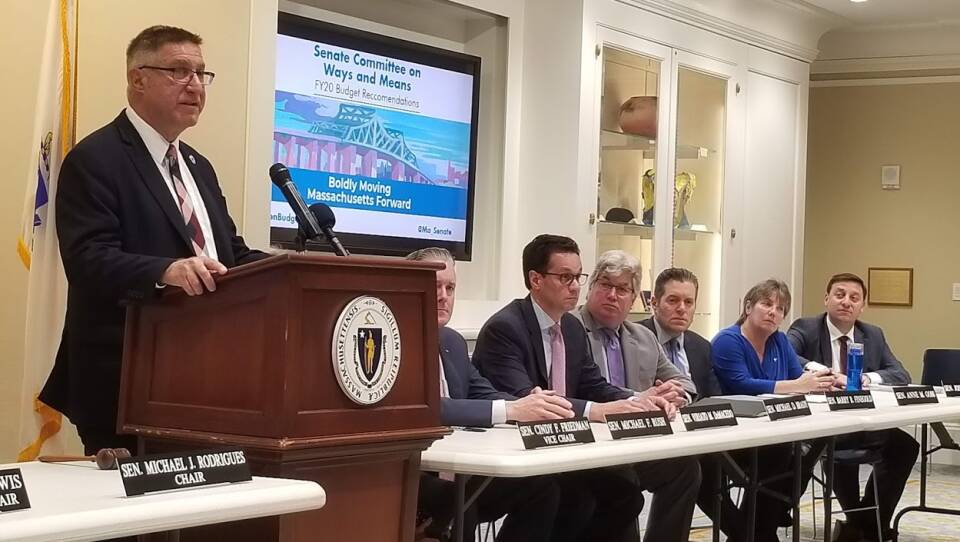The Senate's $42.7 billion budget plan would provide $5.17 billion for local schools, a record amount and $51 million more than the House's proposal.
The Senate's newly-released draft budget is similar to the one passed by the House last month: it doesn't raise taxes or dramatically add to the funding formula the way many education advocates want, but it does spend a record amount on local school districts.
Ways and Means Chairman Michael Rodrigues says the plan is in line with the guidance of the Foundation Budget Review Commission for increased local funding and bridging the racial achievement gap.
"We make progress in all four of the recommendations of the FBRC: employee benefits, primarily health care, special education, English language learners, and the economically disadvantaged," Rodrigues said.
Senate President Karen Spilka says the plan provides more for local schools than ever before.
"This budget includes record investments in ... education funding and when I say record I mean record - unprecedented investments," Spilka said.
But that amount could be around $2 billion lower than what many local officials and other lawmakers are calling on Beacon Hill to provide when they overhaul the Chapter 70 funding formula that pays for local district schools.
If the Senate adopts a strict $42.7 billion budget without major boosts to education funding, the Legislature will be on track to pass a status-quo budget this spring and and deal with higher taxes and more money for schools later in the session.
In their plan, the Senate wants to implement some of Gov. Charlie Baker's new tax proposals, including new charges on e-cigarettes and opiate manufacturers.
The Senate's plan would adopt several of the new tax policies Baker included in his version of the budget like extending the 40 percent excise tax on tobacco to vape products.
Rodrigues said the Senate will also go along with Baker's proposed 15 percent tax on opioid manufacturers.
"The revenue from which will be used to support substance use disorder prevention and treatment," Rodrigues said.
Overall, the $42.7 billion budget is a 3.1 percent increase over last year with the bulk of the spending going to health care.
The budget plan also freezes tuition at UMass, but doesn't supply the $10 million UMass administrators said they'd need to keep costs stable.





